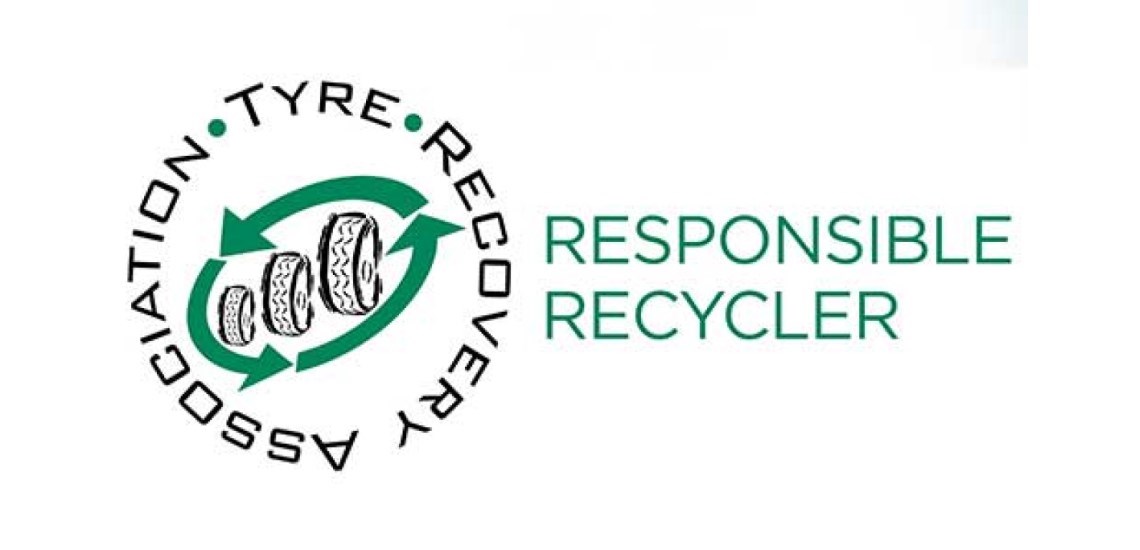In an almost universally opposed strategy, Dublin has decided to impose an extended producer responsibility scheme on the tyre sector. The retailers and wholesalers in Ireland don’t like it, they say the motorists won’t like it and they claim the manufacturers don’t like it. Now, as the deadline for the inauguration approaches, it appears that the British don’t like it either.
New Irish EPR Scheme Not Universally Popular
The Irish trade has taken the Dublin government to task through the EU’s Directorate General for Competition, on the basis that a monopoly EPR scheme is in contravention of EU trading law – though they failed to recognise that Portugal has an EPR monopoly functioning very successfully.
The challenge for Ireland, is to manage its tyre waste properly, and in addressing the issue it has looked to its packaging EPR scheme Repack, and since that model appears to work well, they have applied a similar model to tyres.
This will see the consumers paying a fee for tyre recycling, which retailers say will prevent people changing tyres and will add to the cost of motoring for the consumer.
Ireland has always had a porous border with the UK, and even in the bad old days no-one truly tracked tyre imports and exports across the border. The fear with this new scheme in the Republic is that with a price differential between the Republic and Northern Ireland, consumers will buy tyres in the North, which is good business for the tyre trade in the North, but not so good for Irish traders close to the border.
Then there is the rather obvious risk of tyre dumping, where Irish collections services will simply haul tyres across the border where disposal fees are lower. Of course, this only works if the retailers are part of the recycling fee avoidance operation.
UK tyre collection services will then end up collecting and disposing of Irish tyres in a free market that already has a surplus and a need to export tyre waste.
Peter Taylor, the UK’s TRA Secretary General commented. “The open border between North and South will inevitably lead to market distortions and widespread malpractices given the very significant differences in recovery costs between these two parts of Ireland, we note that these concerns are shared by many Irish tyre businesses.”
All of this comes at a time when the UK’s Brexit team are busy telling everyone that they will not seek a closed border for trade with Ireland. On this single-issue sector, there is clearly no agreement and free trade where there are different rules on either side of the border is sure to lead to chaos and confusion.


















